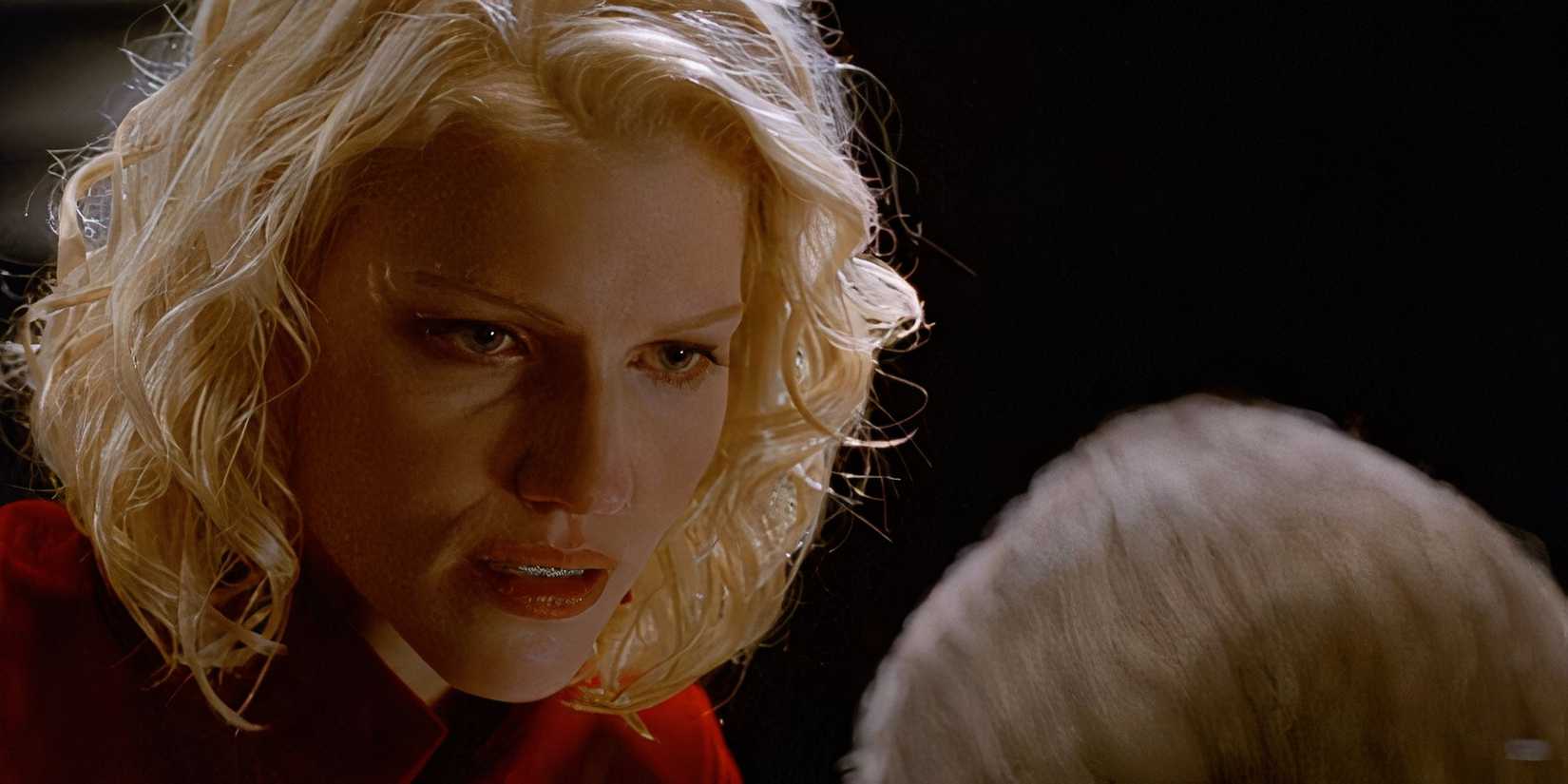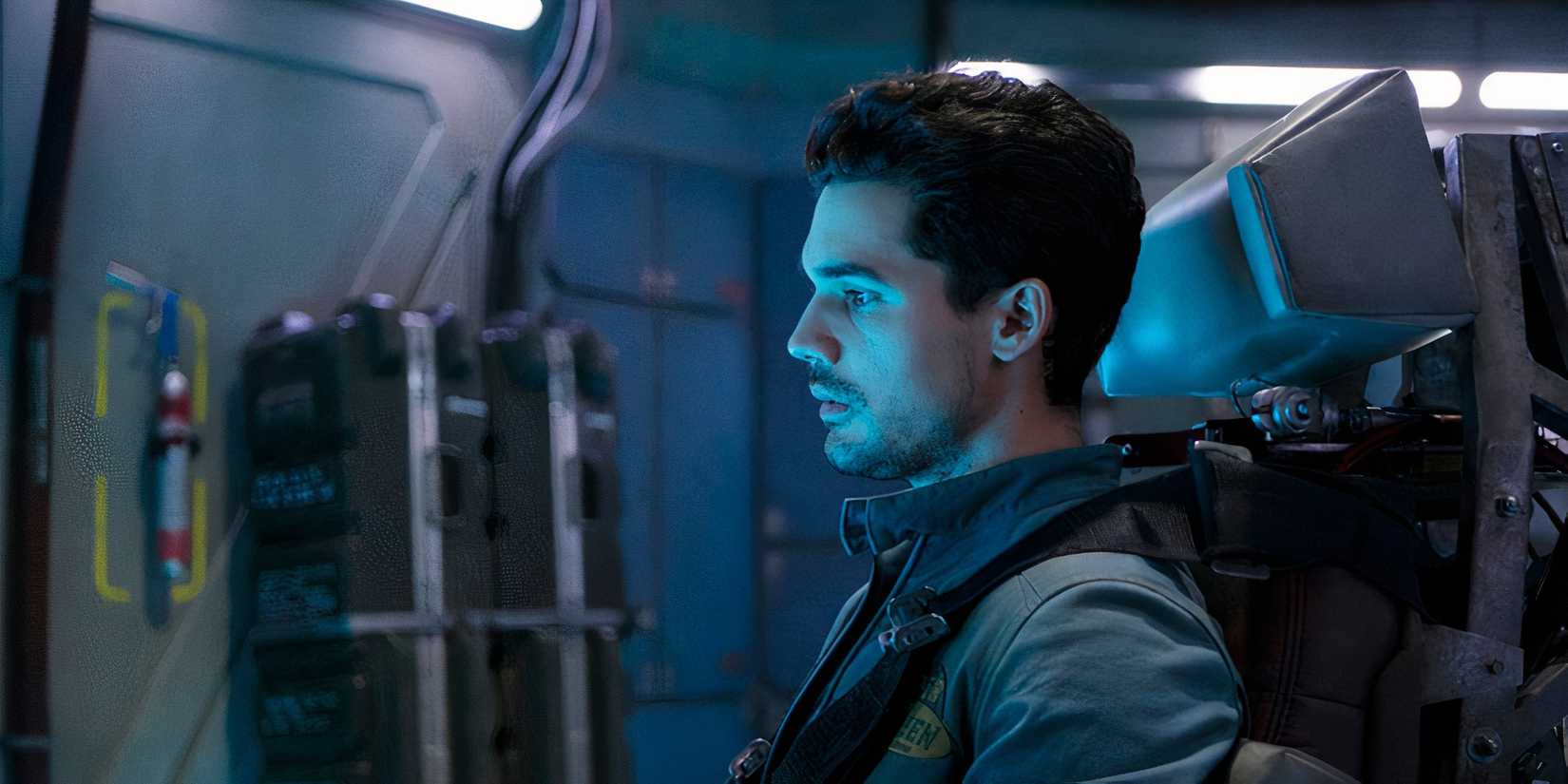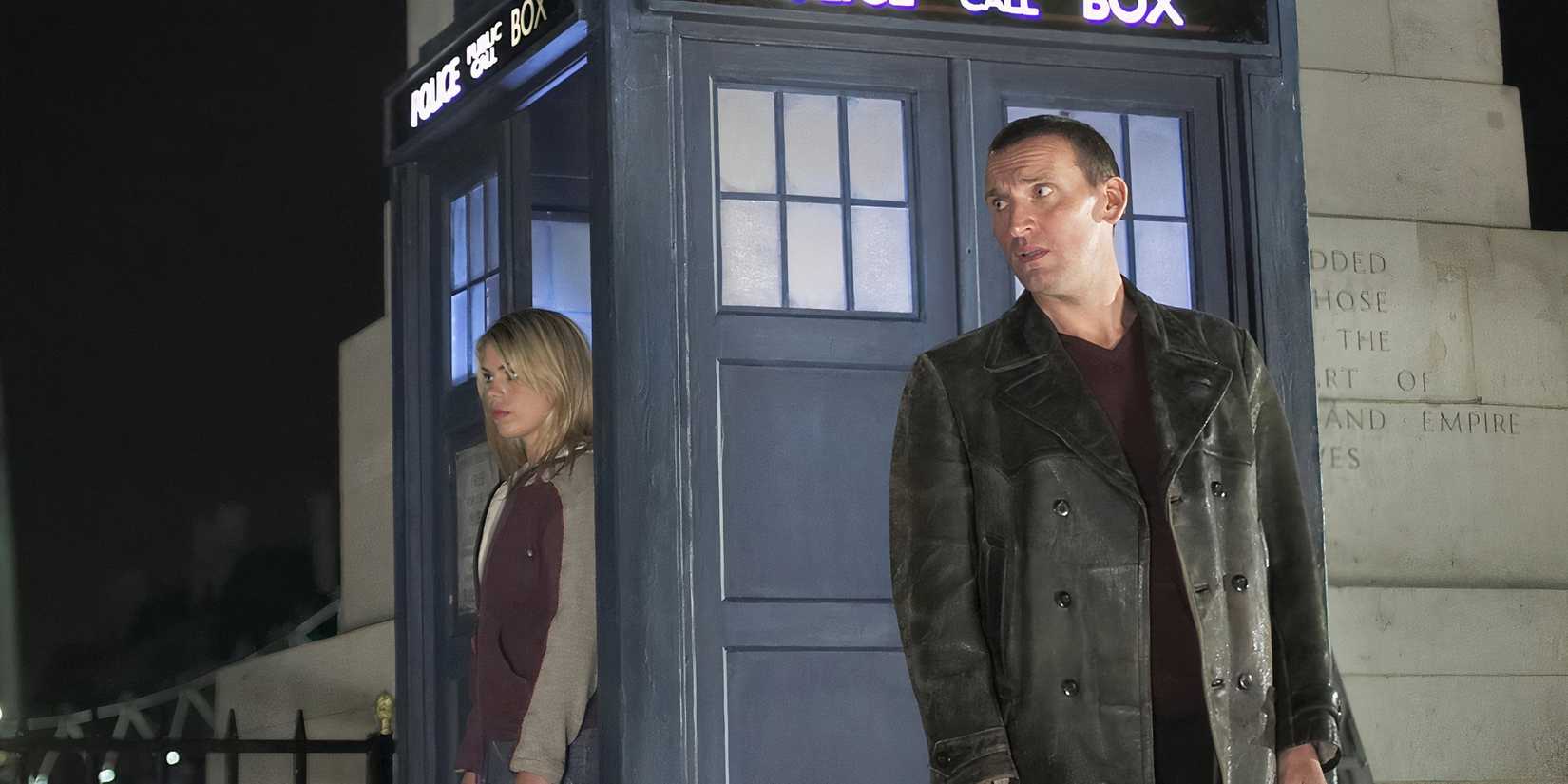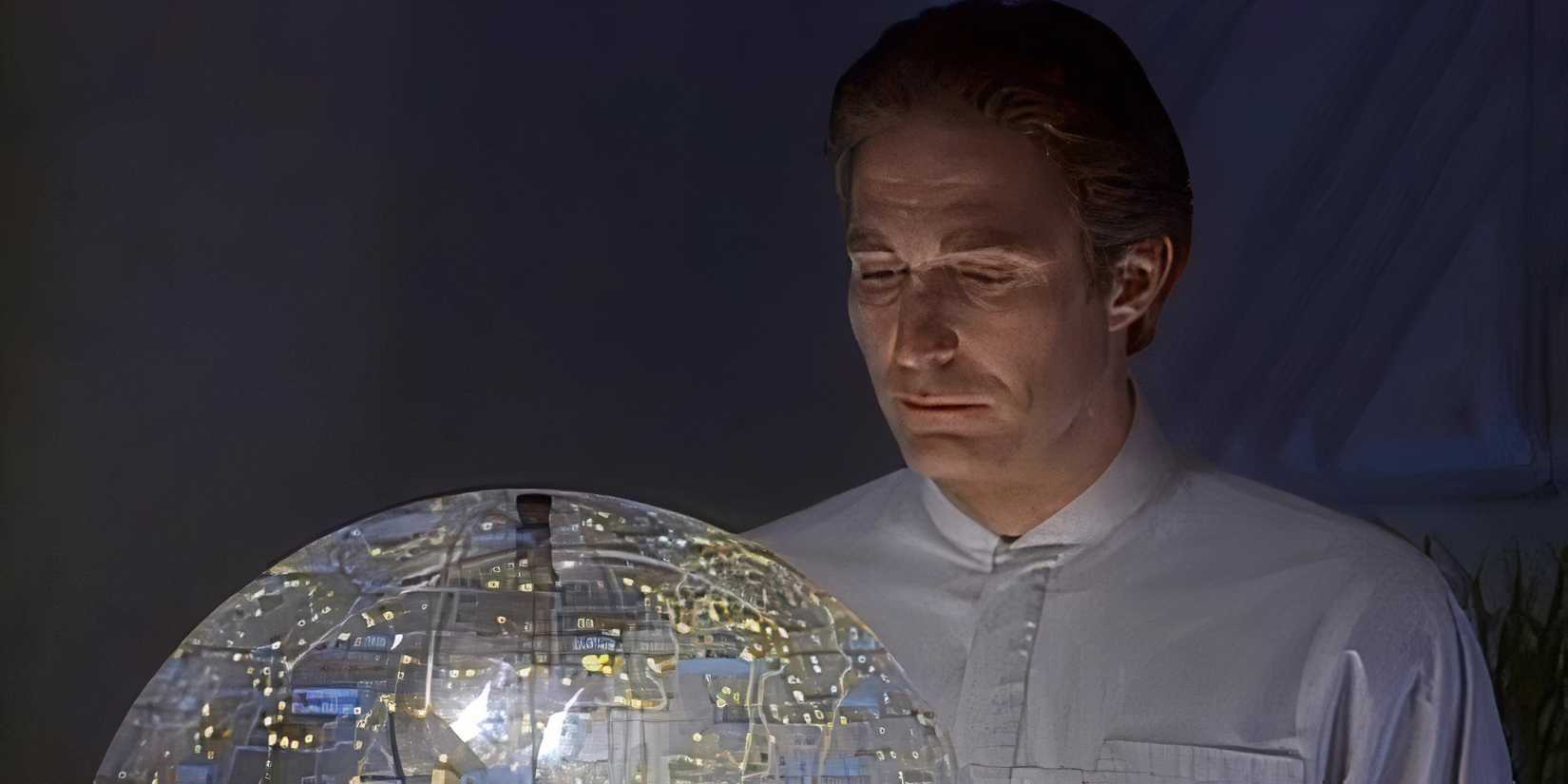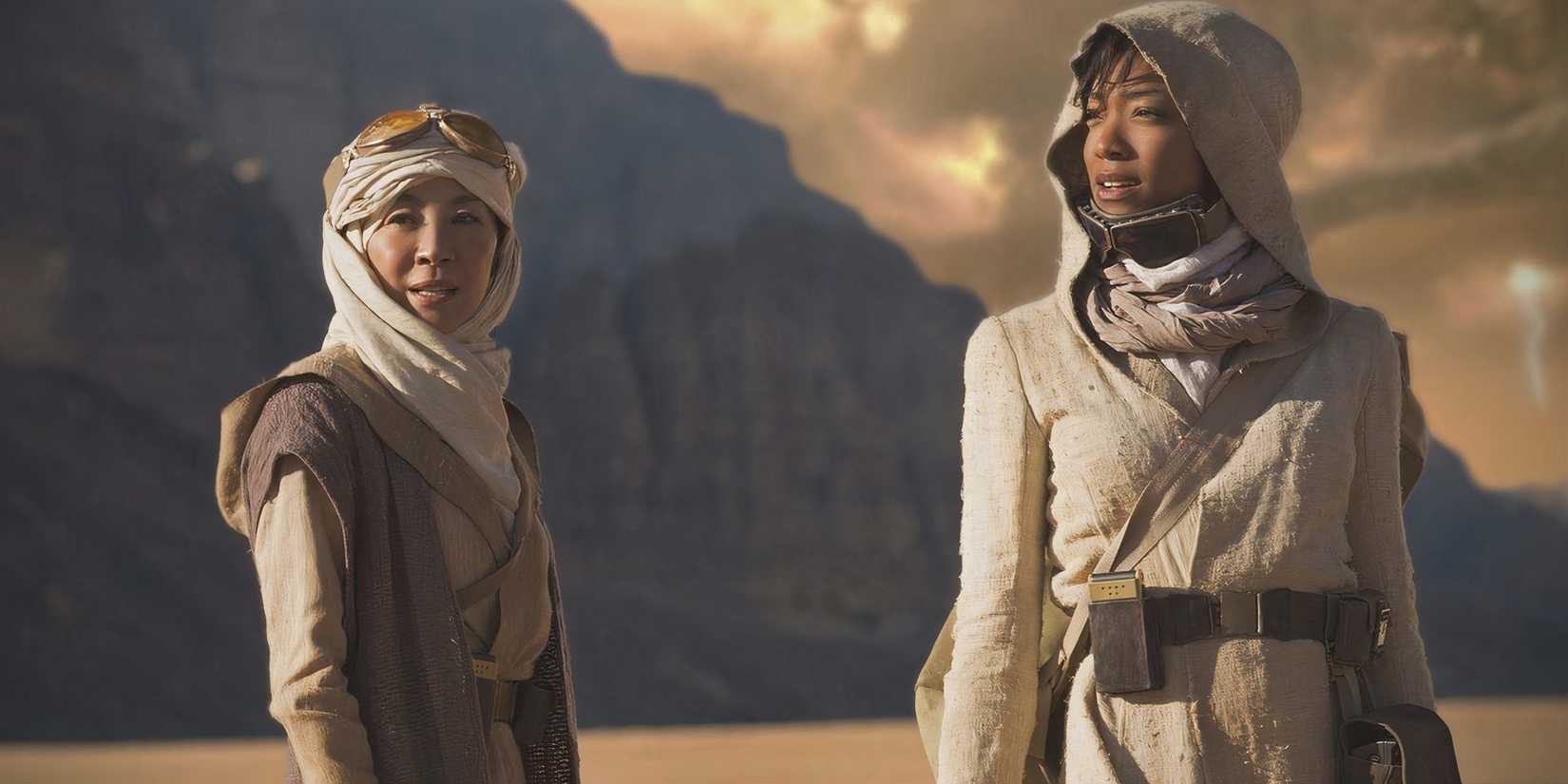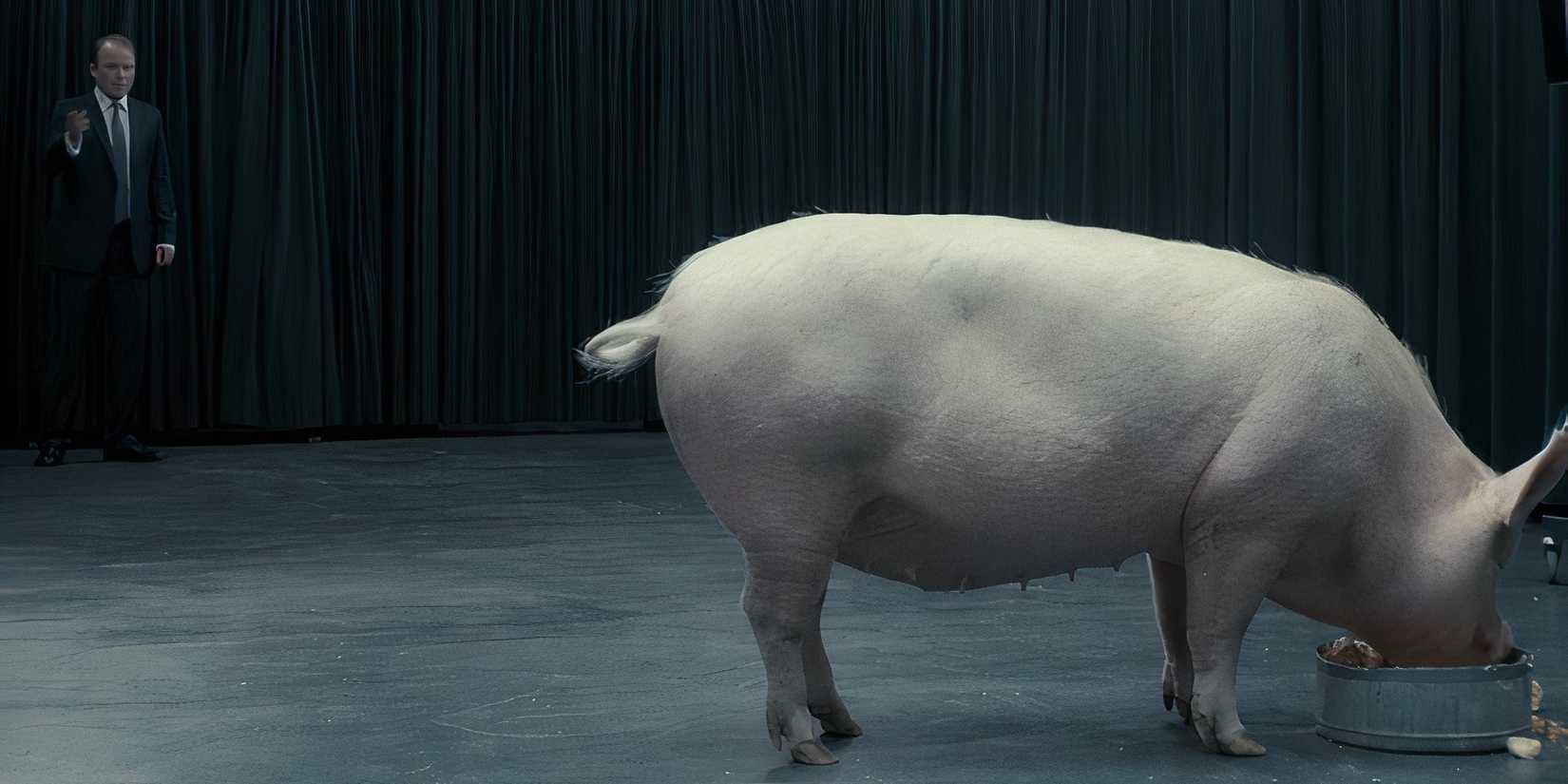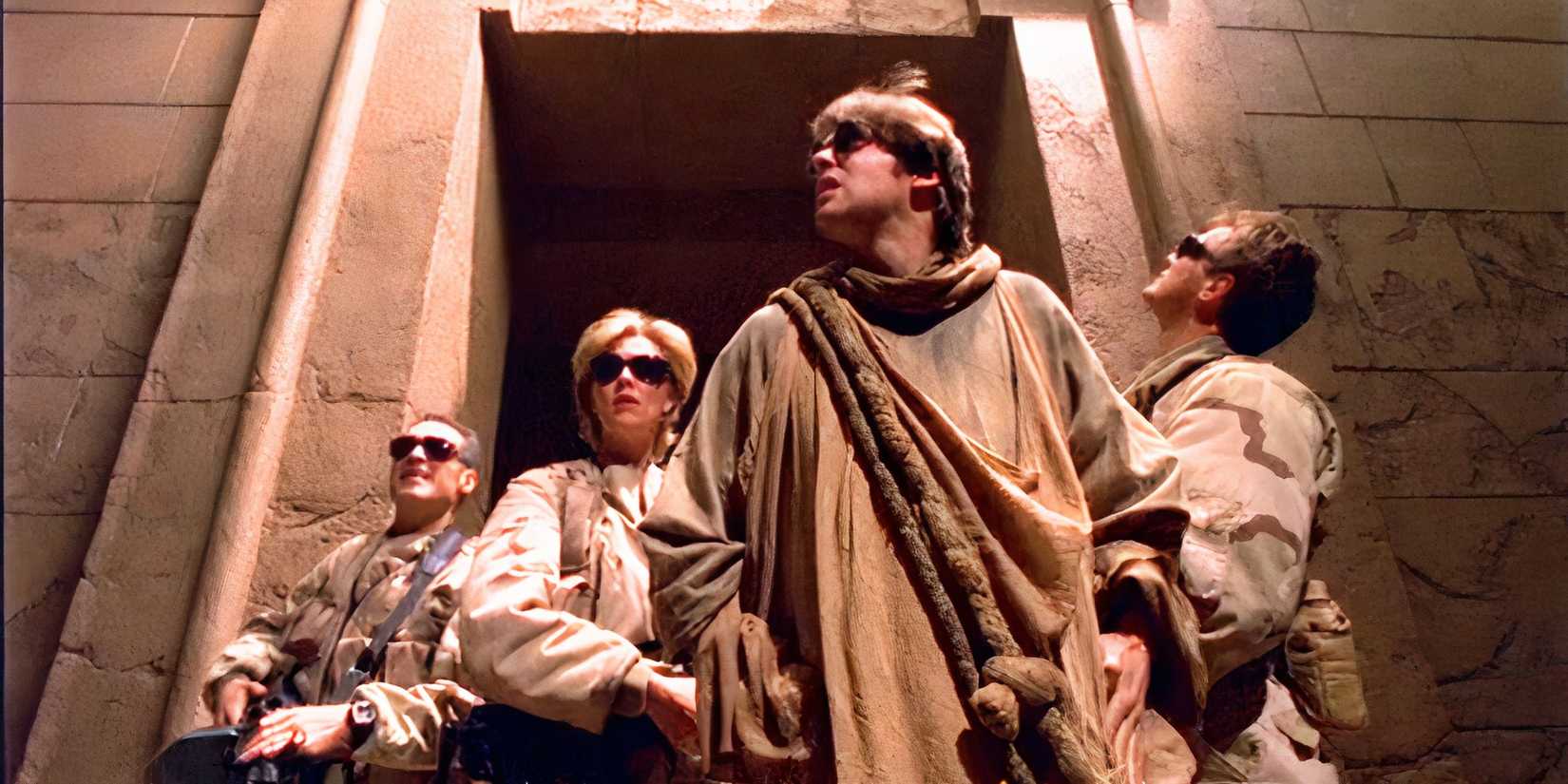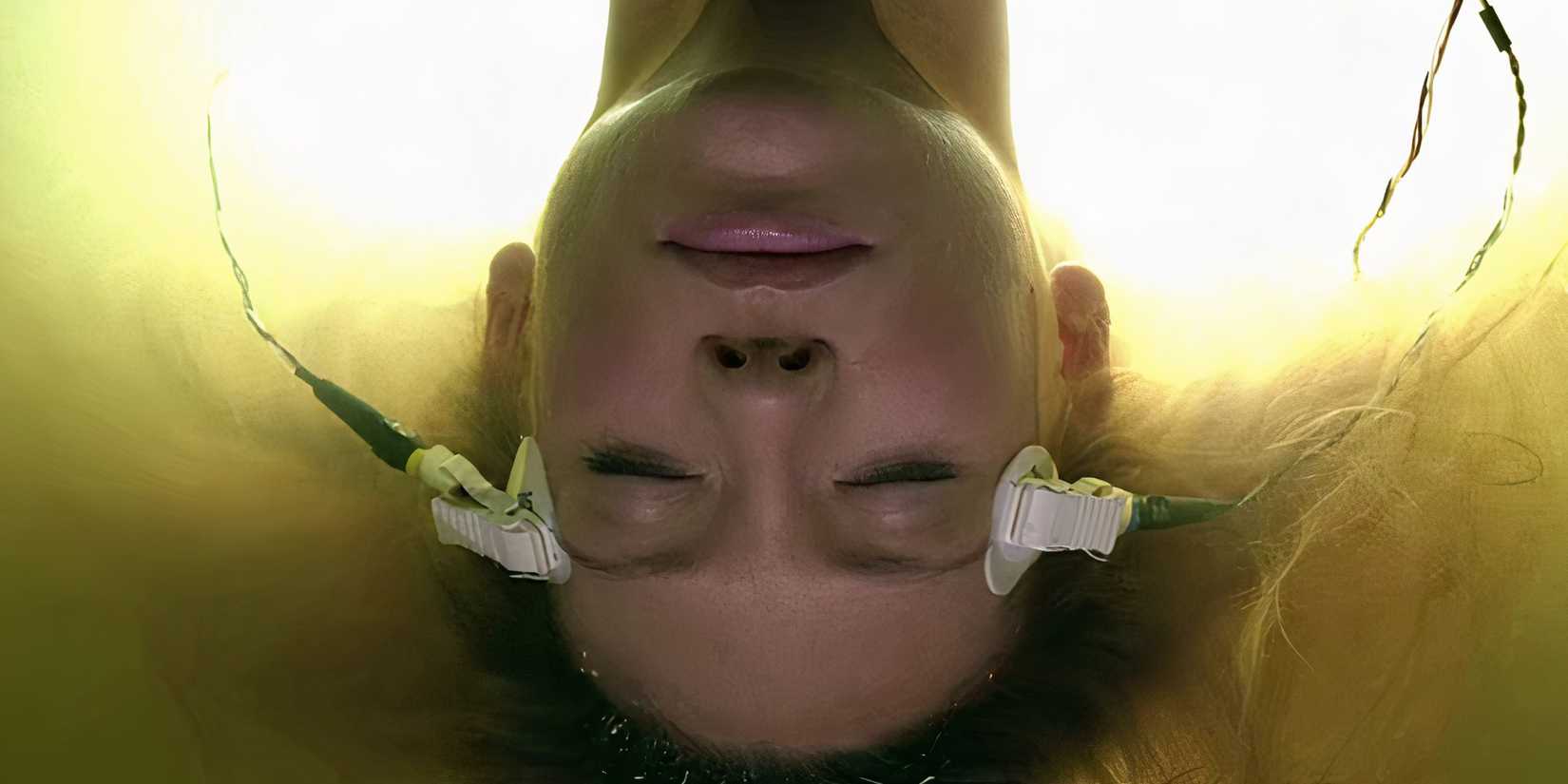Not all sci-fi TV shows start off with the bang they deserve. While some series immediately hook audiences with gripping pilots and jaw-dropping worldbuilding, others stumble out of the gate. A number of beloved sci-fi classics had shaky debuts that felt clunky, awkward, or underwhelming, only to evolve into genre-defining masterpieces later down the line.
The bad pilot episode problem isn’t something limited to average or forgettable series. Even the most acclaimed sci-fi shows of all time have been guilty of unimpressive beginnings. Their pilots might have been slow, strangely written, or visually rough, but over time these shows transformed into cornerstones of science fiction television and earned their legendary reputations.
It may be a difficult hurdle to overcome, but a shaky start isn’t a death sentence when it comes to small-screen science fiction. Several sci-fi TV shows went from disappointing starts to flawless triumphs. These series are now regarded as 10/10 masterpieces, yet if you only judged them by their first episode, you’d never know the brilliance waiting just a few installments later.
8
Battlestar Galactica (2004-2009)
This 2000’s Reboot Streamlined Its Messy Pilot Into One Of The Smartest And Most Gripping Sci-Fi Dramas Ever Made
When Battlestar Galactica returned in 2004, its pilot two-part miniseries was ambitious but overloaded. It juggled dozens of characters, many of whom wouldn’t even appear again, and presented a story so convoluted that casual viewers found it hard to follow. Compared to the lean and emotionally devastating series that followed, the pilot felt like a messy first draft.
After the pilot, however, Battlestar Galactica became one of the most acclaimed sci-fi shows ever made. The reboot captured the bleakness of survival after near-total extinction, with Edward James Olmos (William Adama) and Mary McDonnell (Laura Roslin) anchoring the drama with powerhouse performances. Once the clutter of the pilot was stripped away, the storytelling found a razor-sharp focus.
Battlestar Galactica quickly evolved into a tense, politically layered, and morally complex masterpiece. It delivered unforgettable arcs about identity, loyalty, and faith, proving that its initial stumbles were just growing pains before the brilliance set in.
7
The Expanse (2015-2022)
The Epic That Grew From A Slow First Episode Into A World-Class Blend Of Politics And Space Opera
Considering how highly regarded it now is, it’s hard to imagine The Expanse starting on a low note, but that’s exactly what happened. “The Dulcinea,” the pilot of The Expanse, is infamous for being far less exciting than the show it introduced. Despite introducing the Belt, Earth, and Mars, the episode lacked urgency, and the murky tone didn’t immediately convey the scale of the universe fans would soon come to love.
As season 1 progressed, though, The Expanse’s worldbuilding flourished. Characters like James Holden (Steven Strait), Naomi Nagata (Dominique Tipper), and Amos Burton (Wes Chatham) became central to one of TV’s most intricately woven sci-fi stories. The series struck a perfect balance between grounded politics and space-opera spectacle.
By season 2, it was clear The Expanse had become something special. The once-dull start gave way to thrilling mysteries, breathtaking space battles, and layered commentary on inequality and survival. Its reputation as one of the best modern sci-fi shows became undeniable.
6
Doctor Who (2005-Present)
A Shaky Pilot That Became The Foundation Of Modern British Science Fiction
When Doctor Who was revived in 2005, the first episode of the “New Who” era, “Rose,” had a lot riding on it. Unfortunately, the result was a mixed bag. The campy plastic Auton villains, rushed pacing, and visual effects that looked outdated even then gave the impression that the series might not have much staying power.
Yet Christopher Eccleston (The Ninth Doctor) brought gravitas and charm, while Billie Piper (Rose Tyler) injected heart into the proceedings. Despite its roughness, “Rose” laid just enough groundwork for audiences to return – and the show quickly hit its stride.
Within a season, Doctor Who reestablished itself as a cultural phenomenon. With stronger writing, improved effects, and ambitious storytelling, it became one of the most enduring sci-fi TV shows in history, with later episodes ranking among the genre’s finest.
5
Babylon 5 (1993-1998)
Babylon 5 Overcame A Weak Opening To Pioneer Serialized Storytelling In Science Fiction Television
The TV movie “The Gathering,” which served as the pilot for Babylon 5, didn’t inspire much confidence. Fans complained about sluggish pacing, awkward dialogue, and makeup effects that didn’t meet expectations. Some Star Trek loyalists dismissed it outright, seeing it as a pale imitator rather than something that could stand on its own.
However, J. Michael Straczynski’s vision had more staying power than that rocky start suggested. Once the actual series launched, with Bruce Boxleitner (John Sheridan) and Mira Furlan (Delenn) guiding the narrative, Babylon 5 became known for its unprecedented five-year story arc.
It grew into a bold experiment in serialized science fiction, weaving politics, philosophy, and deeply personal character journeys. The weak pilot was soon forgotten, and Babylon 5 earned its place as one of the most influential sci-fi shows of the 1990s.
4
Star Trek: Discovery (2017-2024)
A Brilliant Modern Star Trek Show That Transformed A Grim And Divisive Pilot Into A Story Of Hope And Redemption
The two-part Star Trek: Discovery pilot was ambitious but divisive. Introducing Captain Georgiou (Michelle Yeoh) only to kill her off, and portraying Michael Burnham (Sonequa Martin-Green) as a mutineer, the story felt grim and disorienting. For many fans, this didn’t feel like the hopeful spirit of Star Trek at all.
As the series progressed, though, Burnham’s journey unfolded into one of redemption, leadership, and growth. The darker tone eventually gave way to optimism that aligned better with the franchise, while still maintaining a modern edge.
By later seasons, Discovery carved its own path in the Star Trek canon. It embraced emotional storytelling, strong character arcs, and high production values, proving that the controversial first impression wasn’t the full picture.
3
Black Mirror (2011-Present)
A Shocking But Unfocused Pilot Gave Way To A Groundbreaking Anthology About Technology And Society
Few shows have had a more polarizing first episode than Black Mirror. “The National Anthem” was shocking, grotesque, and undeniably bold, but it didn’t actually feel like what Black Mirror would become. The lack of future tech and focus on scandal left audiences wondering if this was really a sci-fi series at all.
Then came later episodes like “Fifteen Million Merits” and “Be Right Back,” which revealed Black Mirror’s true DNA. Charlie Brooker’s anthology found its voice in exploring the dangers of technology and human nature, cementing itself as one of the most original and haunting sci-fi shows of the century.
Today, “The National Anthem” is often considered skippable, but the brilliance that followed made Black Mirror a cultural phenomenon. Its blend of speculative tech, morality plays, and existential dread has rarely been matched.
2
Stargate SG1 (1997-2007)
The Iconic Series Evolved From A Clunky Pilot Into One Of The Longest-Running Sci-Fi Franchises Ever Made
The pilot episode “Children of the Gods” was far from the polished sci-fi epic Stargate SG-1 would become. Its reliance on nudity (though this was later removed when the show was syndicated beyond original network Showtime), campy dialogue, and a sometimes sluggish pace left many early viewers unimpressed. This wasn’t a problem limited to the pilot, either, as the entire first season struggled to find a consistent tone.
However, once Richard Dean Anderson (Jack O’Neill) and Michael Shanks (Daniel Jackson) settled into their roles, the show took off. Blending mythology, science, and military adventure, SG-1 soon became one of the longest-running and most beloved sci-fi shows on television.
Eventually, Stargate had perfected its mix of humor, tension, and serialized arcs – and in the process became one of the most beloved sci-fi shows of the 1990s and 2000s. What began with a pilot many considered “almost unwatchable” became an expansive, fan-favorite universe spanning multiple spinoffs.
1
Fringe (2008-2013)
A Flat Debut For One Of The Most Inventive And Emotional Sci-Fi Shows Of Its Era
The two-hour pilot of Fringe looked promising on paper but failed to land for many viewers. Its world felt flat, and the characters weren’t yet compelling enough to make audiences invest in the mystery. Compared to the brilliant series it would become, the debut seemed surprisingly ordinary.
However, once Fringe leaned into its stranger, weirder side, everything changed. Joshua Jackson (Peter Bishop), Anna Torv (Olivia Dunham), and John Noble (Walter Bishop) developed irresistible chemistry, with Walter quickly becoming one of sci-fi’s most beloved characters.
It didn’t take long for the show to find its feet, and by season 2, Fringe was delivering emotional, mind-bending storytelling that rivaled The X-Files and ultimately established itself as a modern cult classic. The unremarkable pilot now feels like a tiny hurdle before a wild and rewarding ride, and stands as proof that even the best sci-fi TV shows can have shaky starts.



